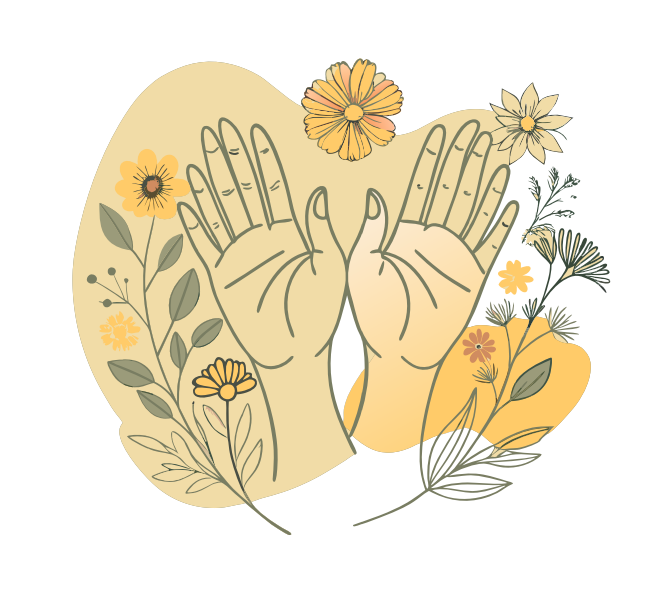Dilip Mukerjea
My rendezvous to this resort on Tuesday, 22nd October 2024, in response to the kind invitation of Dr. Sino Shaji, the director, local guide, and exemplary ‘wellness leader,’ turned out to be epiphanic in many senses. I found the Centre to be holistic, hospitable, and holy—a sacred sanctuary exuding an ambience of skilled Samaritans rendering serenity, sanctity, and sterling service to humanity. It is truly a monastery of humans serving humanity humanely.
True to the ethos of the Centre, ‘holistic’ means ‘encompassing the whole of a thing, and not just a part.’ I was impressed to discover that everyone involved in this deeply devotional vocation was engaged with a fully integrated commitment toward the ethos of their mandate: to serve humankind in the context of Eudaimonia, an ancient Greek word that refers to a state of human flourishing, well-being, and happiness.
I observed, and to an extent, participated in a classroom session under the learning leadership of Dr. Daphne N. Lyngdoh, a fully qualified and deeply dedicated specialist in Ayurvedic and complementary wellness skills. Ayurveda, meaning “the study of life,” takes a natural approach to all aspects of health and well-being and is based on the idea that each person has certain life forces (doshas) and that everything in the universe is connected.
Furthermore, the specialists approach diseases in a combined manner, comprising a collaboration of Ayurveda, Siddha, and traditional healing expertise. Siddha is an indigenous Indian medical system that originated from the ancient Dravidian civilization. The term “Siddha” comes from the Tamil word ‘siddhi,’ meaning “achievement” or “perfection.” Siddha medicine is based on the idea that the human body is a replica of the universe and that the five elements (earth, air, water, fire, and ether) correspond to the five senses of the human body. Siddha medicine also takes into account a patient’s age, habits, physical condition, and environmental aspects. An imbalance in one area can affect another, making the work done by Dr. Sino Shaji, Dr. Daphne N. Lyngdoh, and their support staff unquestionably admirable and honourable.
What was singularly significant to me was that the Centre was clearly imbued with an awareness that an absolute commitment to their work is reflective of the transcendent power contained within this proclamation: “We think too much and feel too little. More than machinery, we need humanity. More than cleverness, we need kindness and gentleness.” ~ Charlie Chaplin, The Great Dictator
I look forward to the Centre being supported in every way in its quest to heal the wounds that cause us grief in manifold ways.
(Brain skills author and innovation expertise specialist)




